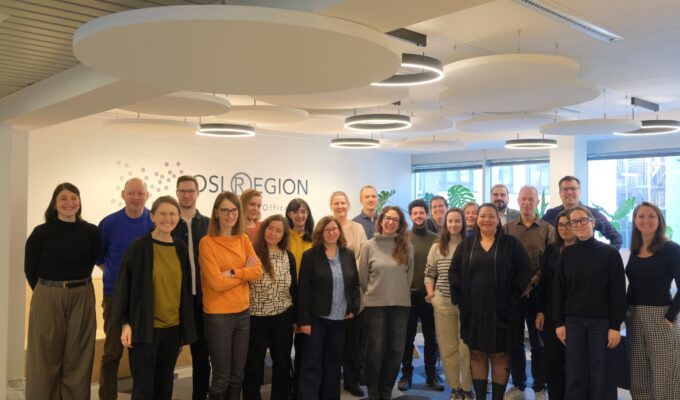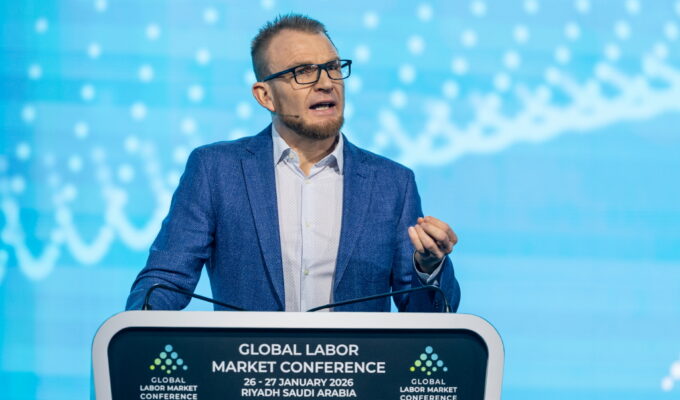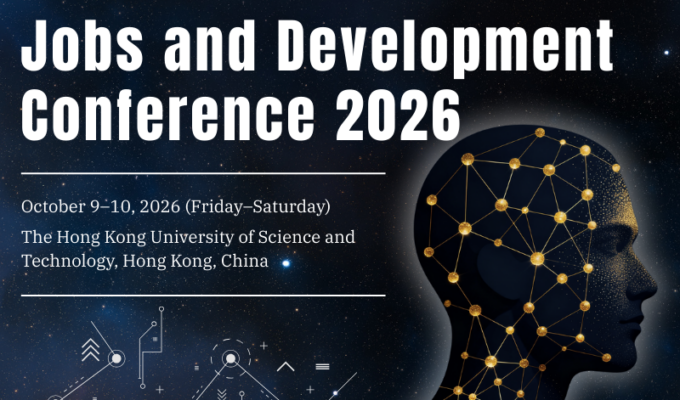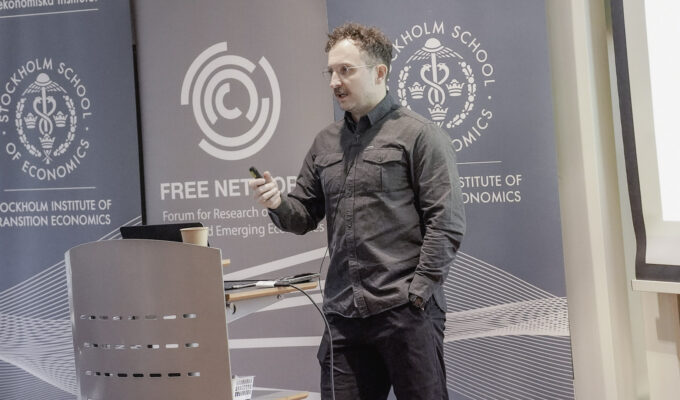
2022-03-10
Institute for Structural Research stands with Ukraine
The Institute for Structural Research unequivocally and firmly condemns and opposes Russia's armed aggression against Ukraine.
see more
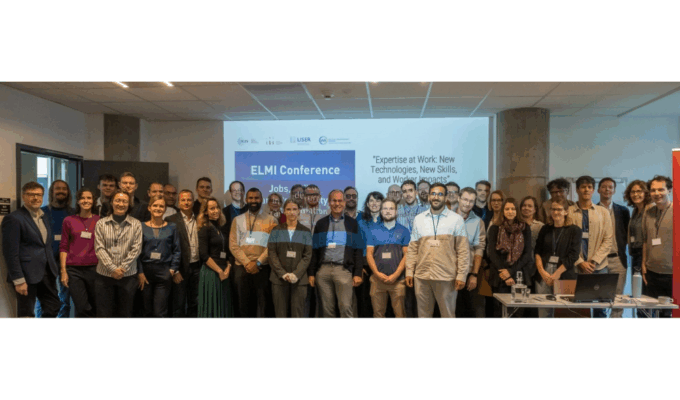
2025-10-10
ELMI 2025 Conference – in-depth research and vivrant discussion to support the labour market in the face of change
The event featured keynote addresses by distinguished scholars Anna Salomons and Michel Serafinelli, to start an inspiring exchange or research findings and discussions of researchers from all over the world.
see more

2025-09-25
How to Successfully Support Professional Inclusion of Young Persons with Disabilities Through the Job Crafting Model -the webinar’s coverage.
The webinar conducted by the Aktywizacja Foundation on 18 September 2025 was a huge success. Professionals involved in the professional activation of people with disabilities demonstrated the effectiveness of the Job Crafting model using examples.
see more
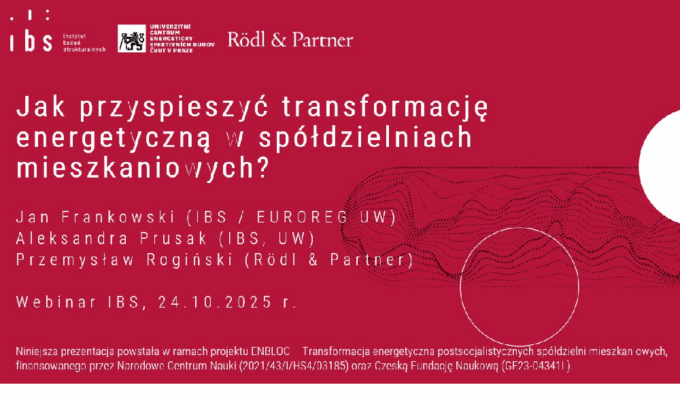
2025-10-30
Presentation of the ENBLOC project results
In October, we presented the results of the research conducted as part of the ENBLOC project for the first time. We shared the key findings of the research with both energy transition practitioners in multi-family buildings and the academic community.
see more

2025-04-29
Research Ethics Committee of IBS and CenEA
The committee, a joint initiative of IBS and CENEA, was established in January 2025. It reflects the responsibility and awareness of both institutions regarding the growing need to maintain standards in scientific research.
see more


